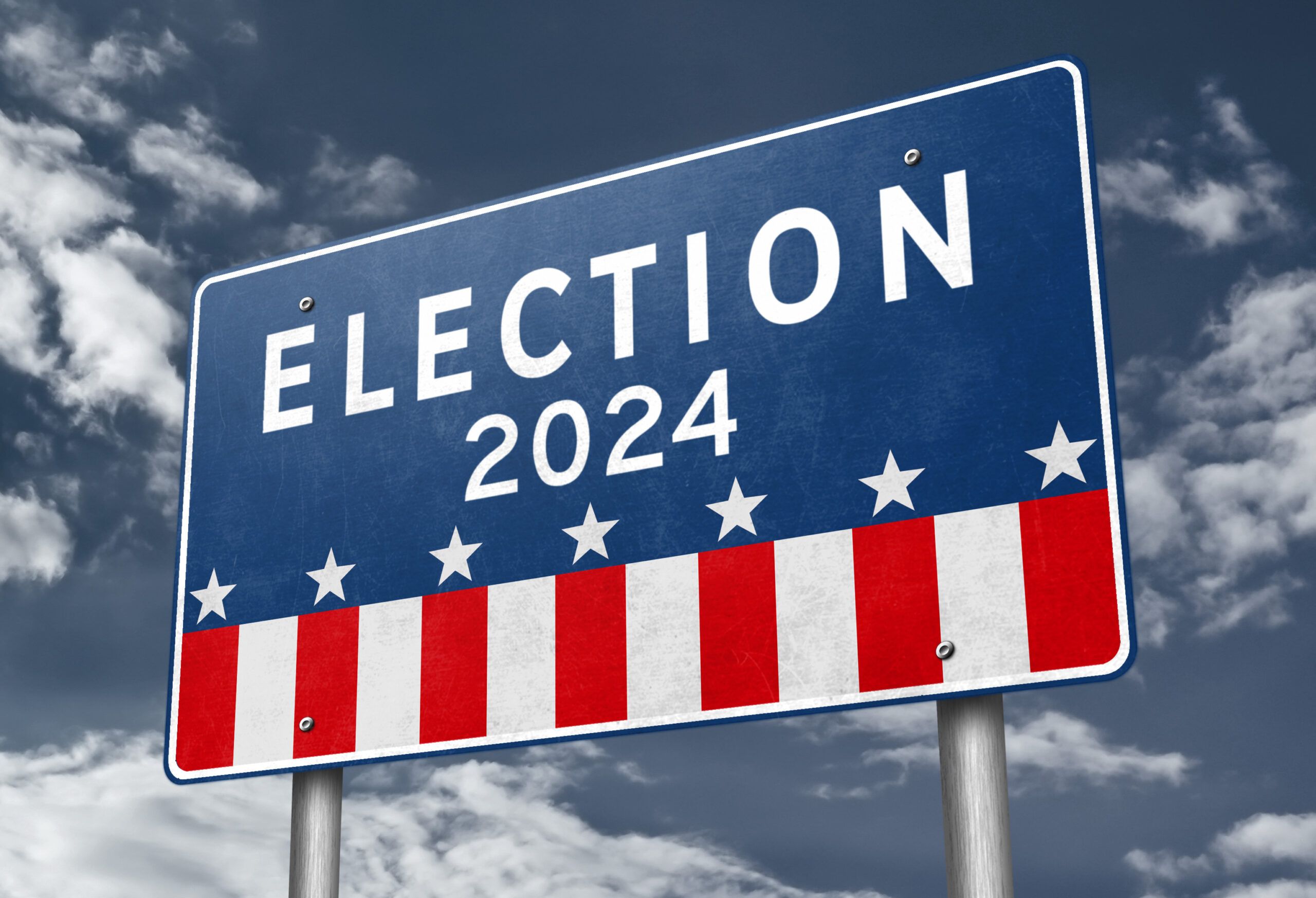Net Zero Cities: Climate change remains priority during COVID recovery
Colorado government officials and lawmakers have a lot on their plates during the 2021 legislative session — we are, after all, still in a global pandemic with devastating economic consequences — but leaders aren’t taking their eyes off the climate-change ball.
“Reducing our emissions is more than just a policy priority; it’s a moral imperative,” Gov. Jared Polis said Tuesday during an address at BizWest’s Net Zero Cities event.
Initiatives making their way through the legislative process highlight Colorado’s commitment to its position as a national leader on greenhouse gas reductions and other achievements related to the state’s ambitious goal of shifting completely to renewable-energy sources by 2040.
SPONSORED CONTENT
Achieving Colorado’s goals, Colorado Energy Office executive director Will Toor said, will require working with the oil, gas and utility industries, transitioning to electric vehicles, improving transportation infrastructure and increasing the efficiency of buildings and infrastructure facilities such as landfills.
The state has made “really remarkable progress” getting buy-in from its electric utilities, Toor said, as the six groups that operate 99% of Colorado power plants have all committed to at least 80% reductions by 2030.
“Much of this work is woven into the discussion around policies at the statehouse every year,” Xcel Energy Inc. (Nasdaq: EXL) regional government affairs director Wes Parham said.
“A lot of thought and collaboration went into a really comprehensive set” of steps to get the state closer to its climate goals, he said. “It’s important to act now and aggressively.”
Part of Xcel’s plan to align with policies established as part of Colorado Senate Bill 19-236 involves the closure of coal power plants, Parham said.
He touted that the utility does not plan any layoffs as part of those closures, the last of which is scheduled for 2040.
As utilities transition toward renewable energy sources, lawmakers must support new transmission pathways that are necessary to achieve carbon-reduction goals and allow utilities to tap into alternative energy sources, he said.
A modern transportation infrastructure system would go a long way toward helping Colorado meet its energy goals, Toor said, but funding system improvements is always a struggle for lawmakers.
This year, new fees are proposed to help ease some of that funding burden.
It’s not just state officials who play a role in Colorado’s climate change initiatives, but also local leaders.
Cities and counties can do their part, Toor said, by prioritizing updates to building codes, zoning-code reforms that allow people to live in smaller homes and drive less, performance standards for commercial building efficiency and electric vehicle fleets.
“We have a very bold 2021 legislative agenda,” Polis said. “We’re removing emissions from buildings and gas utilities, funding infrastructure and incentives for zero-emission cars and buses as part of a comprehensive transportation proposal, [and pushing] a budget proposal that doubles down on key environmental priorities.”
© 2021 BizWest Media LLC
Colorado government officials and lawmakers have a lot on their plates during the 2021 legislative session — we are, after all, still in a global pandemic with devastating economic consequences — but leaders aren’t taking their eyes off the climate-change ball.
“Reducing our emissions is more than just a policy priority; it’s a moral imperative,” Gov. Jared Polis said Tuesday during an address at BizWest’s Net Zero Cities event.
Initiatives making their way through the legislative process highlight Colorado’s commitment to its position as a national leader on greenhouse gas reductions and other achievements related to the state’s ambitious goal of shifting…
THIS ARTICLE IS FOR SUBSCRIBERS ONLY
Continue reading for less than $3 per week!
Get a month of award-winning local business news, trends and insights
Access award-winning content today!




